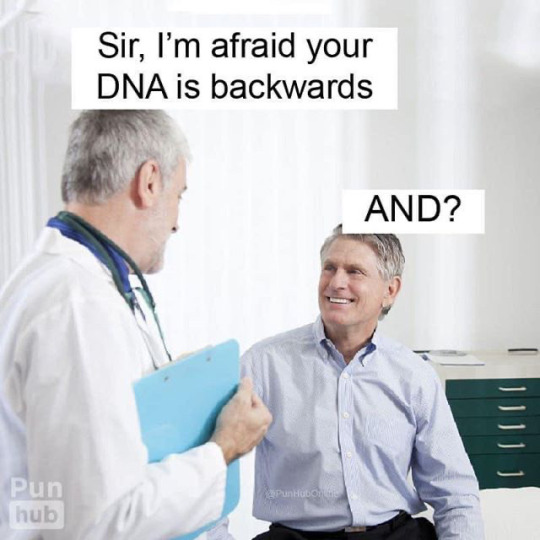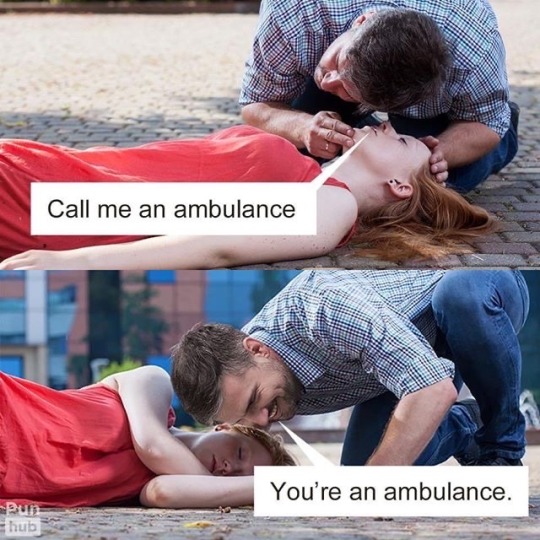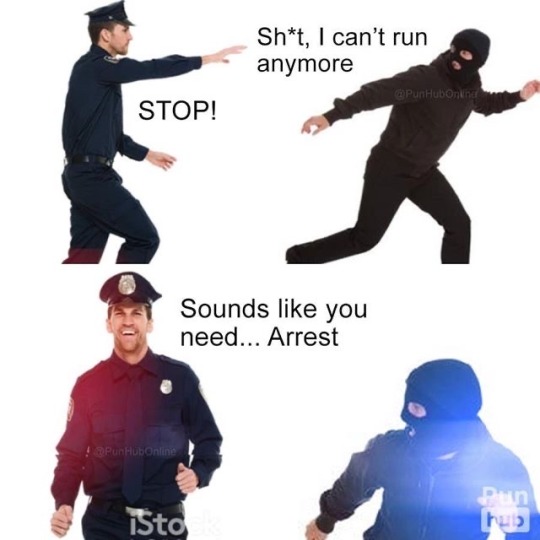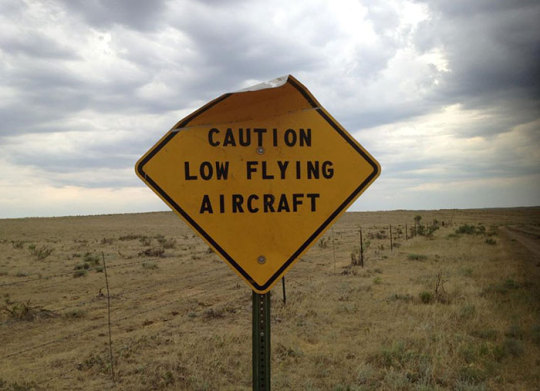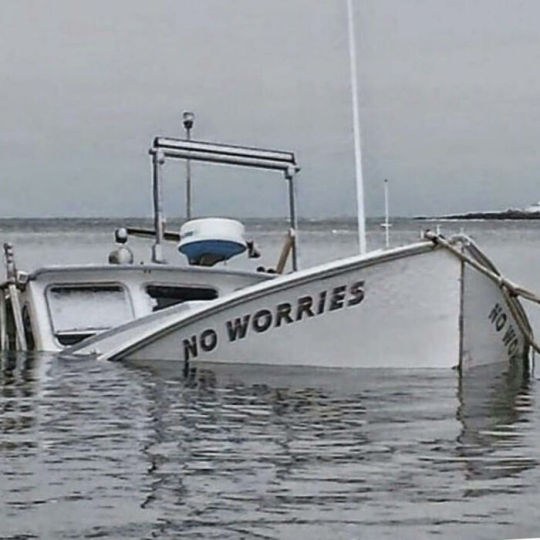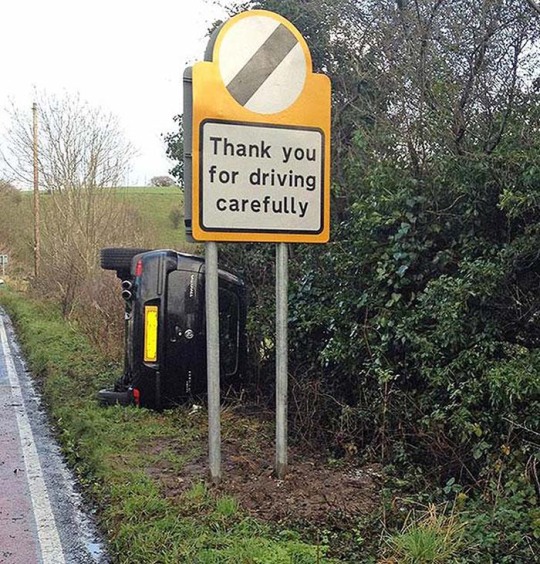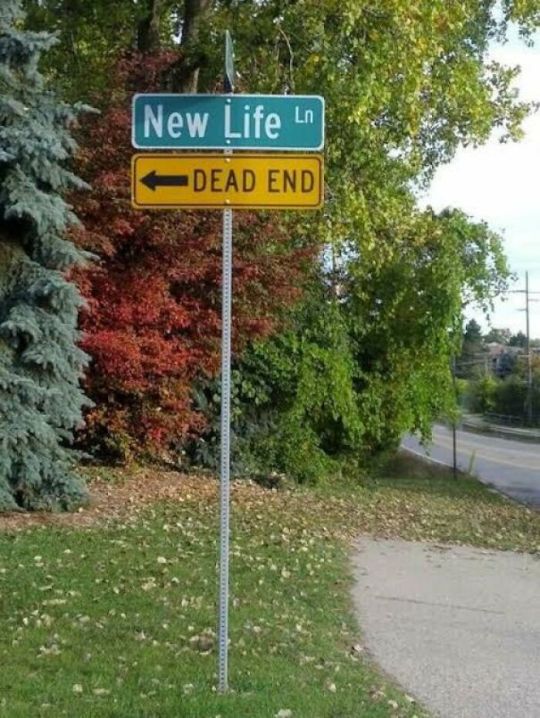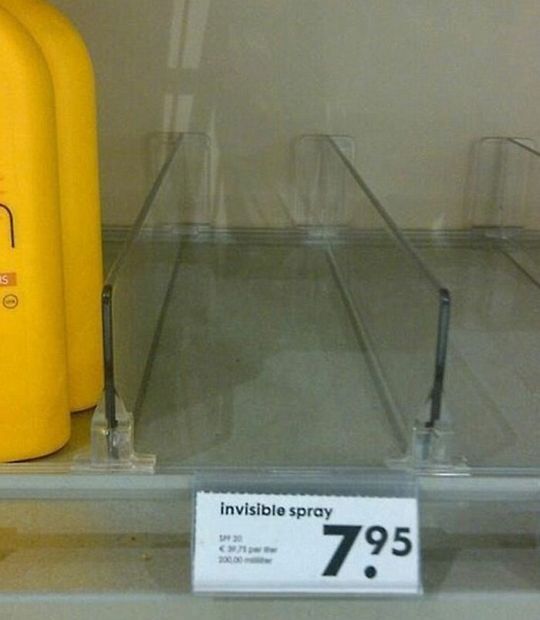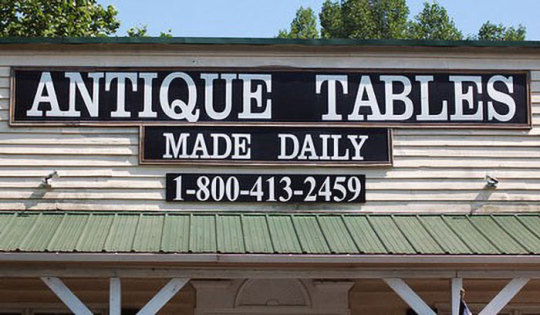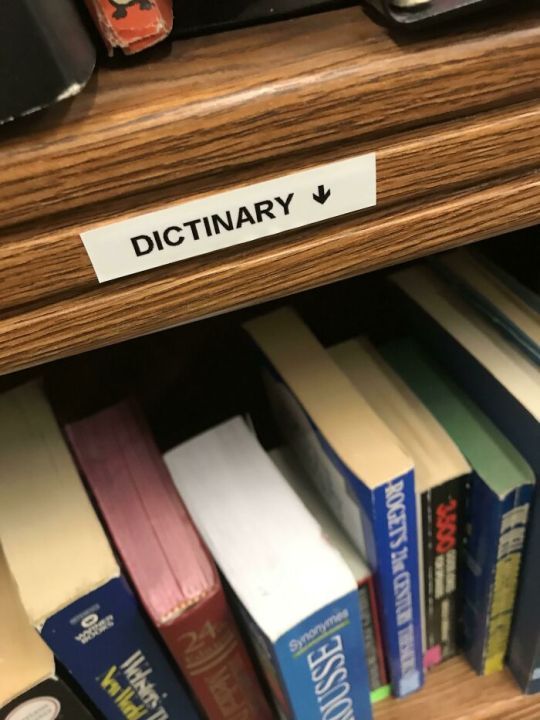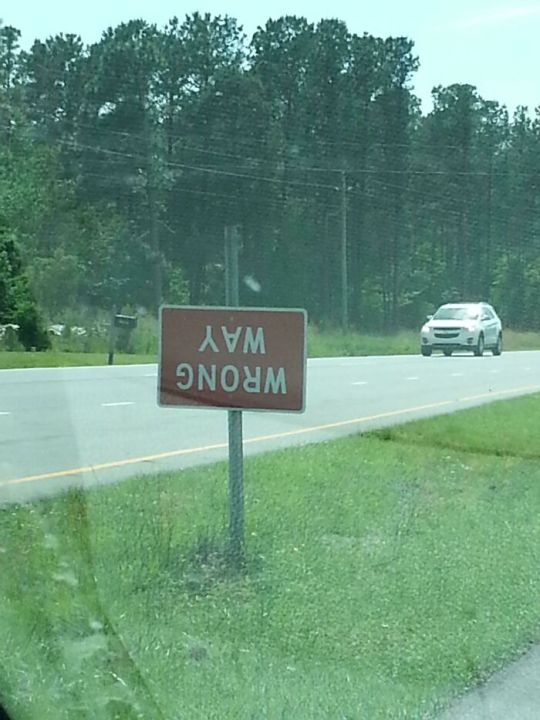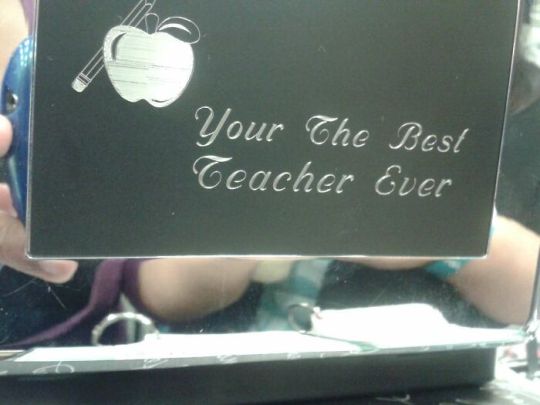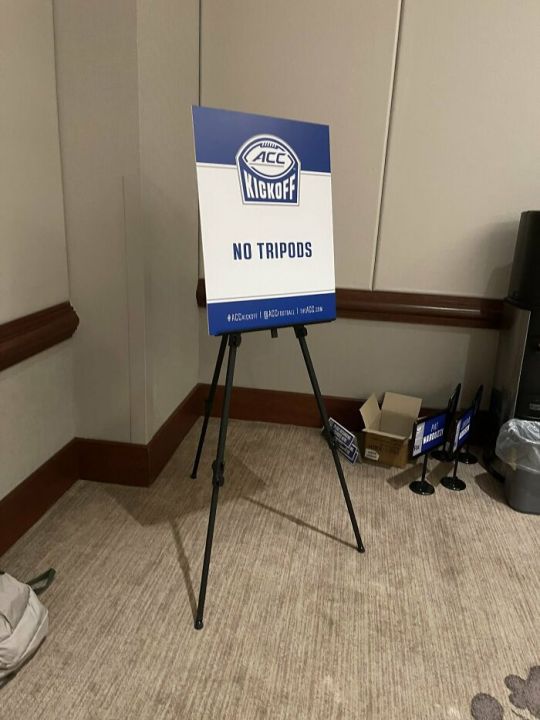Text










The long haired lady is named Banshee, and the short hair boy is named Demon
my bestie has officially left me to move across the globe. if any of you can spare kitty pictures it would be much appreciated
59 notes
·
View notes
Text

In the name of scientific advancement, clinical education and fiscal expediency, the bodies of the destitute in the Dallas-Fort Worth region have been routinely collected from hospital beds, nursing homes and homeless encampments and used for training or research without their consent — and often without the approval of any survivors, an NBC News investigation found.
…
Last year, NBC News revealed in its “Lost Rites” investigation that coroners and medical examiners in Mississippi and nationally had repeatedly failed to notify families of their loved ones’ deaths before burying them in pauper’s graveyards. That investigation led reporters to North Texas, where officials had come to view the unclaimed dead not as a costly burden, but as a free resource.
Before its sudden shuttering last week, the Health Science Center’s body business flourished.
On paper, the arrangements with Dallas and Tarrant counties offered a pragmatic solution to an expensive problem: Local medical examiners and coroners nationwide bear the considerable costs of burying or cremating tens of thousands of unclaimed bodies each year. Disproportionately Black, male, mentally ill and homeless, these are individuals whose family members often cannot be easily reached, or whose relatives cannot or will not pay for cremation or burial.
The University of North Texas Health Science Center used some of these bodies to teach medical students. Others, like Honey’s, were parceled out to for-profit medical training and technology companies — including industry giants like Johnson & Johnson, Boston Scientific and Medtronic — that rely on human remains to develop products and teach doctors how to use them. The Health Science Center advertised the bodies as being of “the highest quality found anywhere in the U.S.”
…
A half-century ago, it was common for U.S. medical schools to use unclaimed bodies, and doing so remains legal in most of the country, including Texas. Many programs have halted the practice in recent years, though, and some states, including Hawaii, Minnesota and Vermont, have flatly prohibited it — part of an evolution of medical ethics that has called on anatomists to treat human specimens with the same dignity shown to living patients.
The University of North Texas Health Science Center charged in the opposite direction.
Through public records requests, NBC News obtained thousands of pages of government records and data documenting the acquisition, dissection and distribution of unclaimed bodies by the center over a five-year period.
An analysis of the material reveals repeated failures by death investigators in Dallas and Tarrant counties — and by the center — to contact family members who were reachable before declaring a body unclaimed. Reporters examined dozens of cases and identified 12 in which families learned weeks, months or years later that a relative had been provided to the medical school, leaving many survivors angry and traumatized.
Five of those families found out what happened from NBC News. Reporters used public records databases, ancestry websites and social media searches to locate and reach them within just a few days, even though county and center officials said they had been unable to find any survivors.
In one case, a man learned of his stepmother’s death and transfer to the center after a real estate agent called about selling her house. In another, Dallas County marked a man’s body as unclaimed and gave it to the Health Science Center, even as his loved ones filed a missing person report and actively searched for him.
…
“What they’re doing is uncomfortably close to grave-robbing,” [Bioethicist Eli Shupe] said.
Shupe was alluding to the dark history, long before voluntary body-donation programs, when U.S. medical schools turned to “resurrectionists,” or “body snatchers,” who dug up the graves of poor and formerly enslaved people. To curb this ghastly 19th-century practice, states adopted laws giving schools authority to use unclaimed bodies for student training and experiments.
Many of those laws remain on the books, but the medical community has largely moved beyond them. Last year, the American Association for Anatomy released guidelines for human body donation stating that “programs should not accept unclaimed or unidentified individuals into their programs as a matter of justice.”
…
After publishing a newspaper essay criticizing the practice, she brought her concerns directly to the Tarrant County Commissioners Court at a meeting last year, asking officials to consider the message being sent to marginalized residents and people of color.
“How does it look,” she said, “when a Black body is dissected with nobody’s permission at all, simply because they died poor?”
2K notes
·
View notes
Text
her armpits would NOT be clean shaven
32K notes
·
View notes
Text
I’m amazed there’s people nostalgic for highschool and being a teenager literally when I feel super low I think “well at least I’ll never be 17 again” like a positive affirmation and it does make me feel better
14K notes
·
View notes
Text
apparently one of the ways to say "shaved my head" in Japanese is "頭を坊主にした" which is literally something like "did the monk thing to my head"
37K notes
·
View notes
Text
people are so mean about horror movie victims like. sorry but if i had gone to a cabin in the woods with my friends as a teenager you couldn't have stopped us from reading aloud from the evil tome. how were they supposed to know the ancient curse was real they're like 17
47K notes
·
View notes
Text
"people show their true colours in life threatening situations" no, they show you what they act like when they're mortally terrified, an emotion notorious for literally turning your entire brain off to the point where people who go into those situations as a profession need to be literally trained on how to not have that happen
95K notes
·
View notes
Text


Source: The Butch/Femme Photo Project , by Wendi Kali
183 notes
·
View notes
Text
R.I.P. The 2976 American people that lost their lives on 9/11 and R.I.P. the 48,644 Afghan and 1,690,903 Iraqi and 35000 Pakistani people that paid the ultimate price for a crime they did not commit
2M notes
·
View notes
Text










CHAPPELL ROAN Rolling Stone, ph. by Inez and Vindooh — October 2024
1K notes
·
View notes


